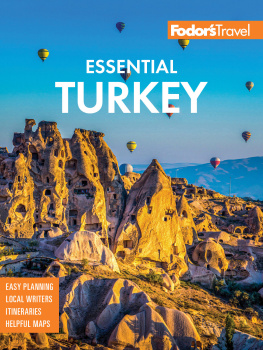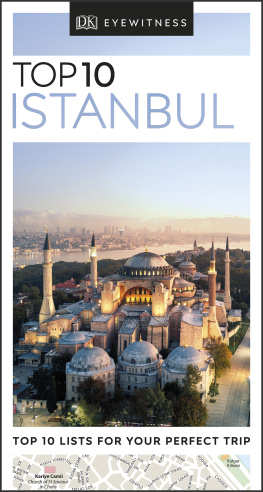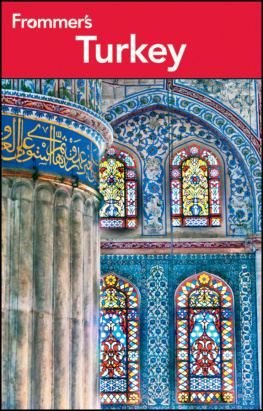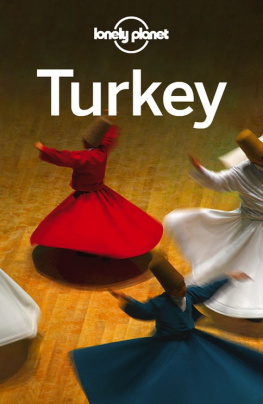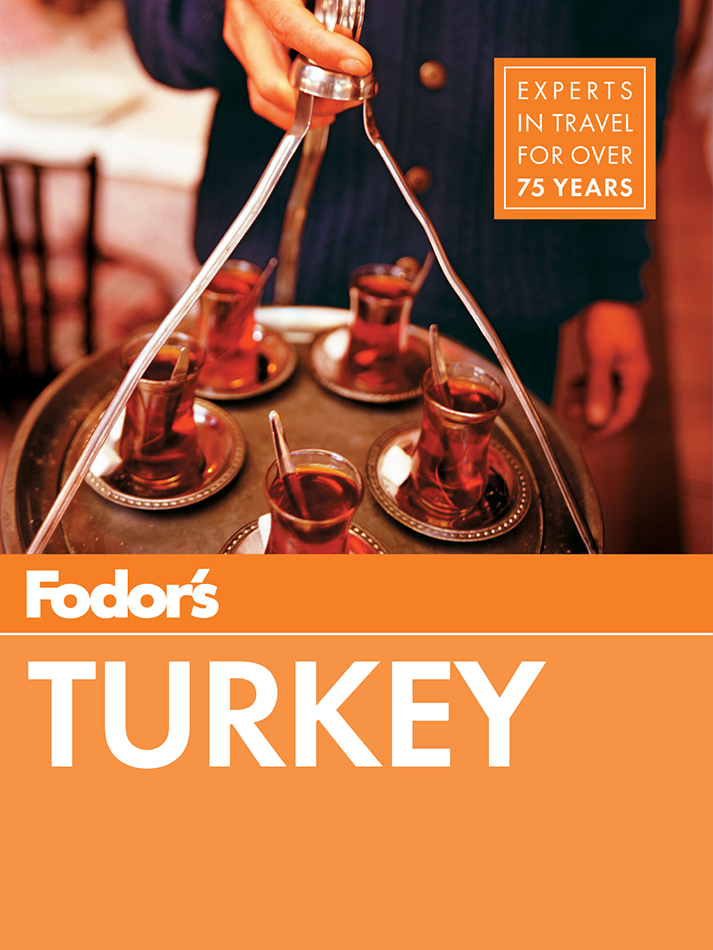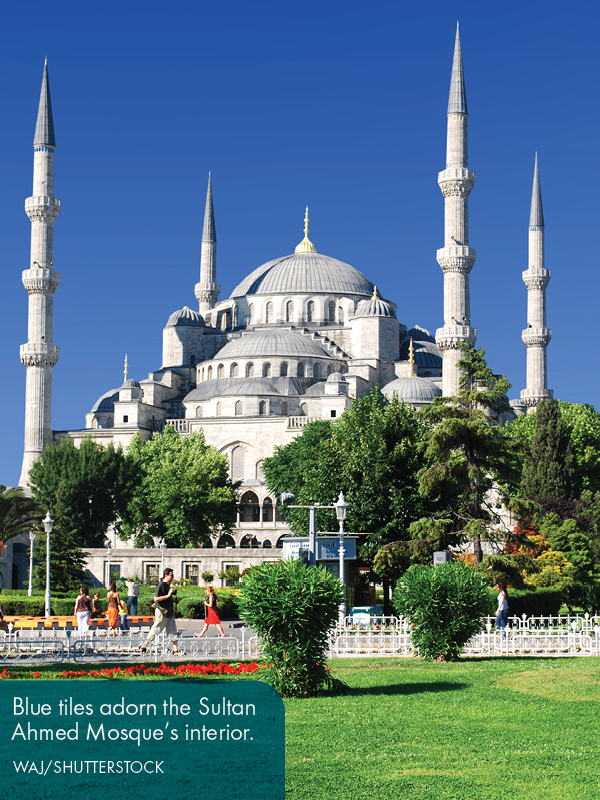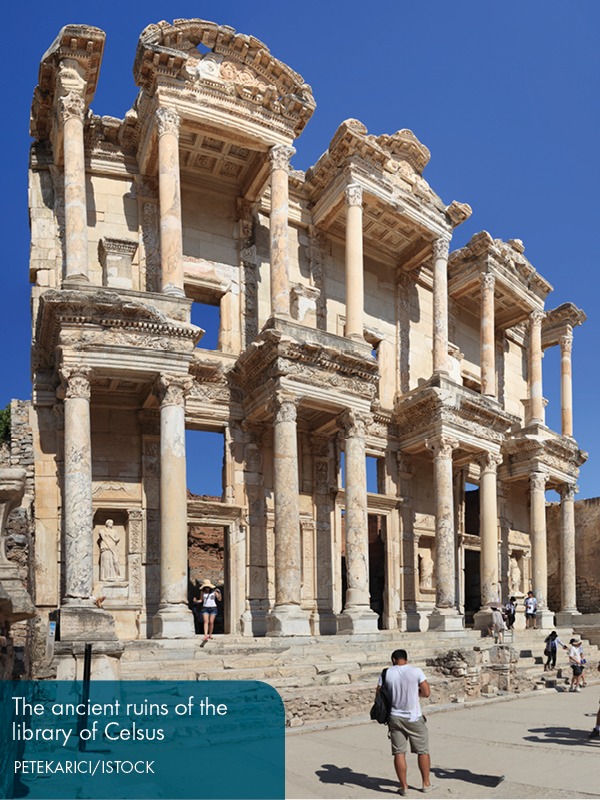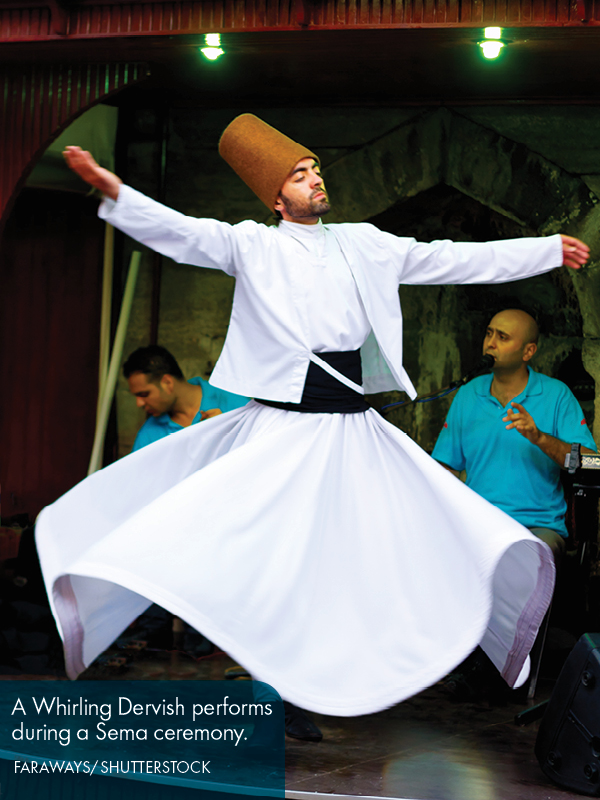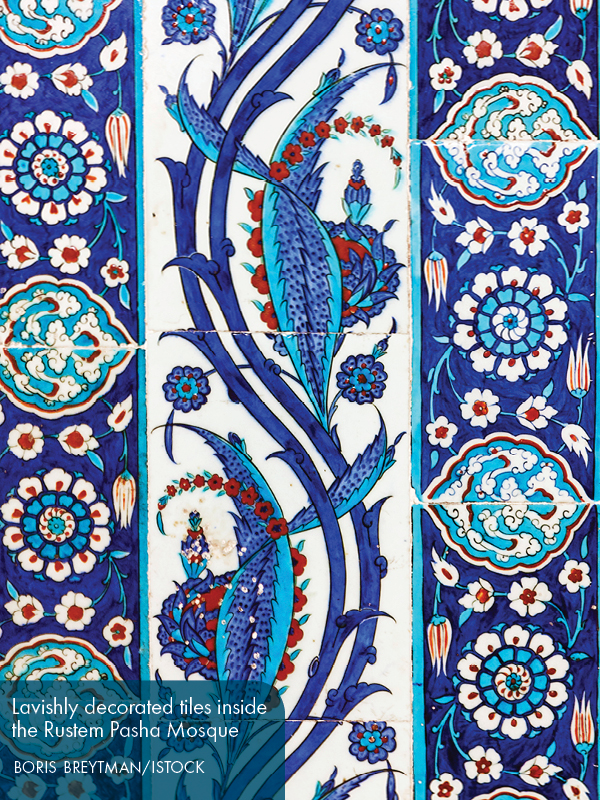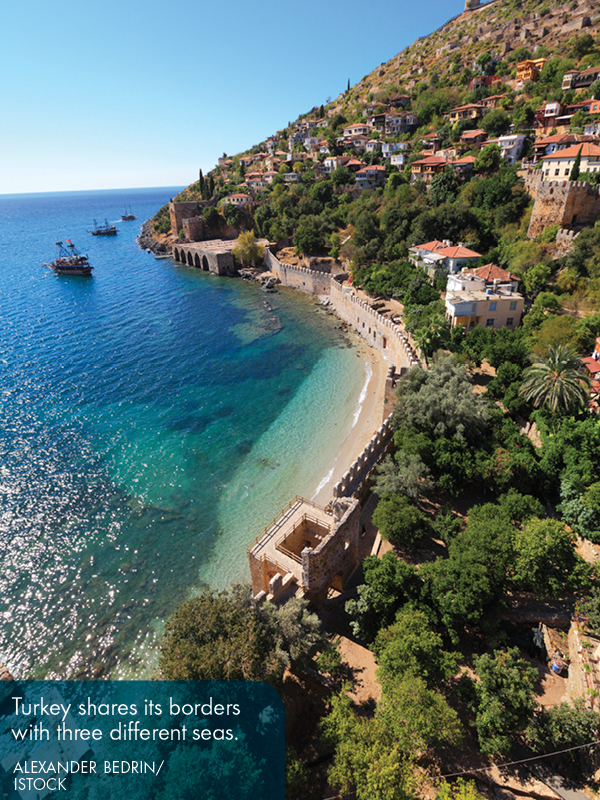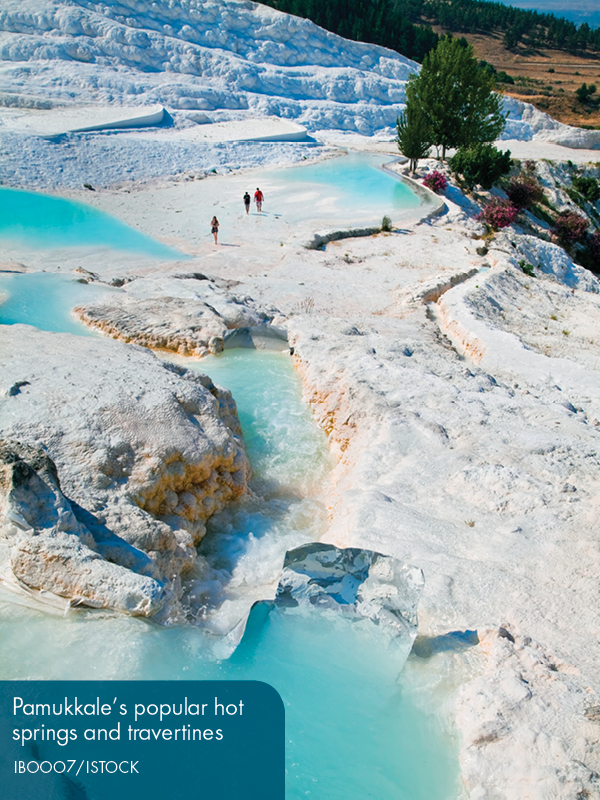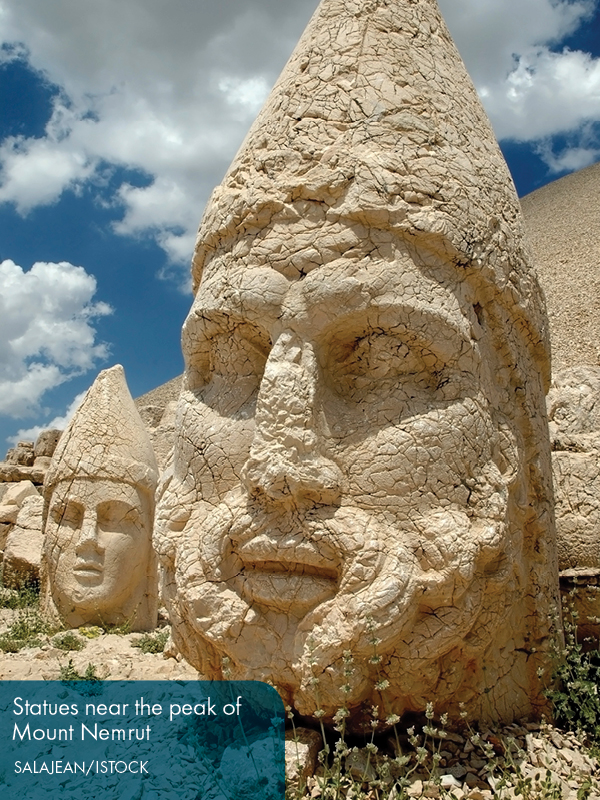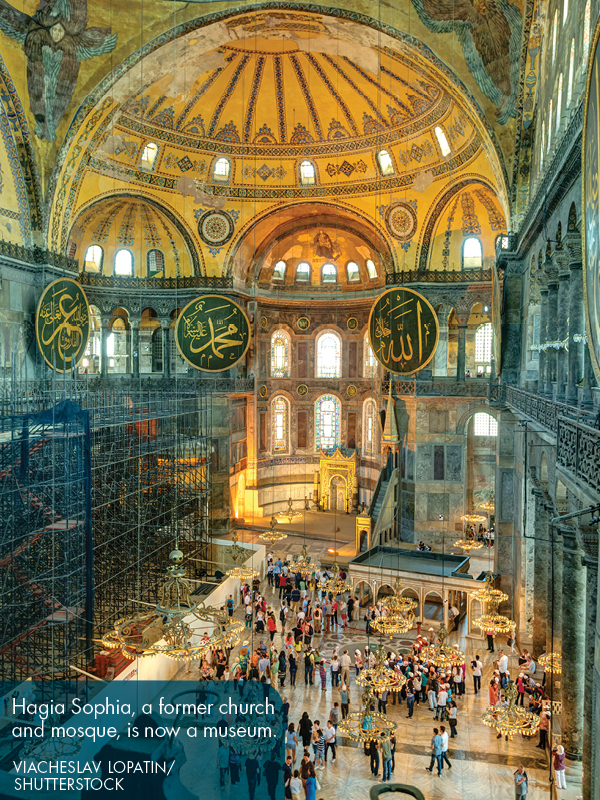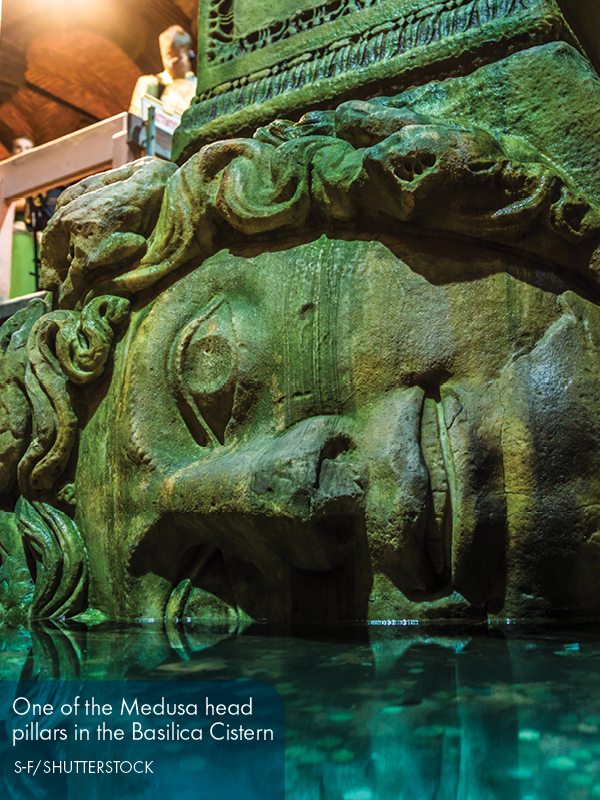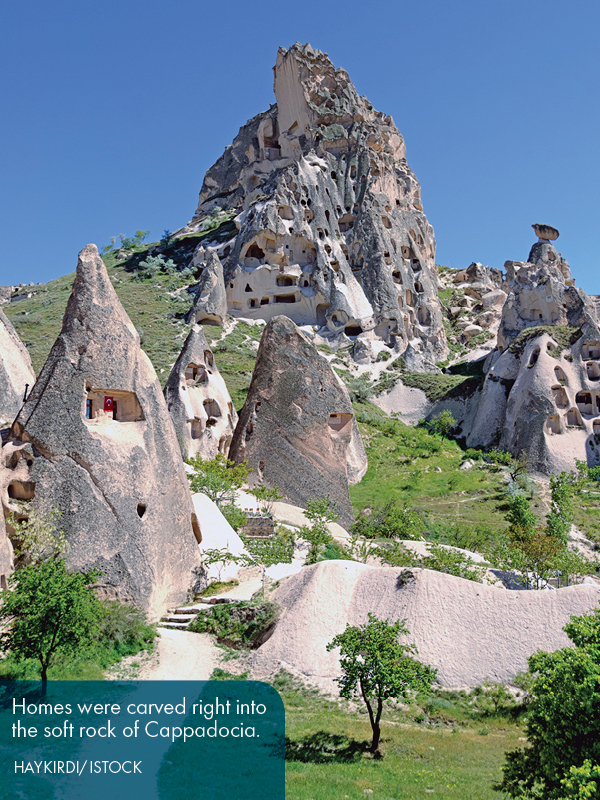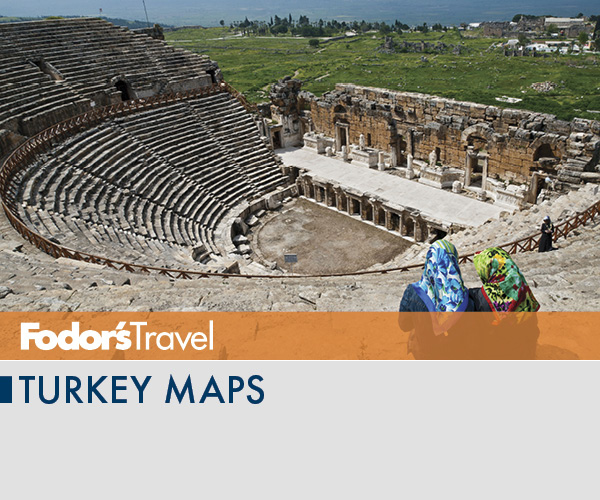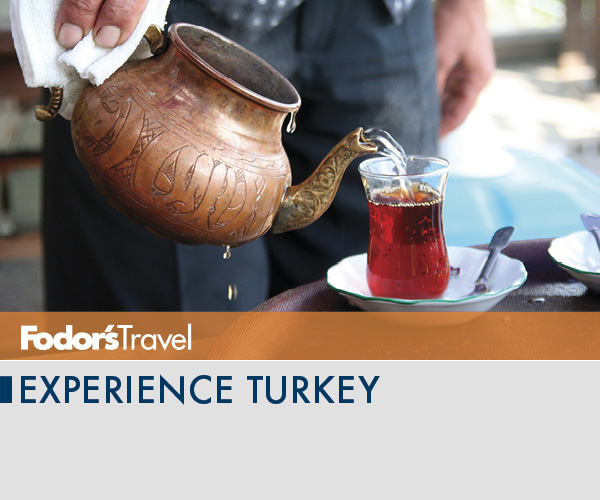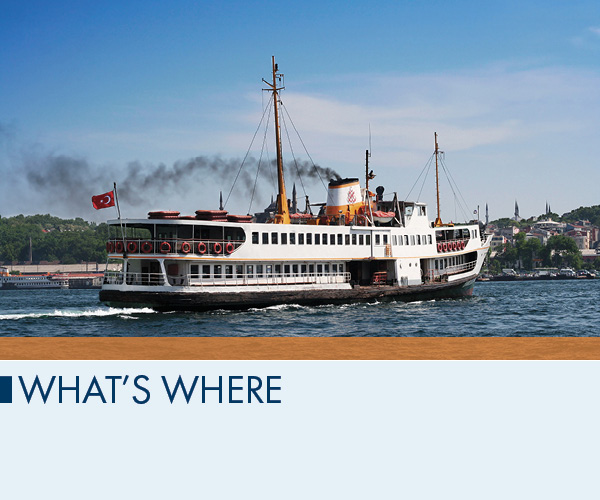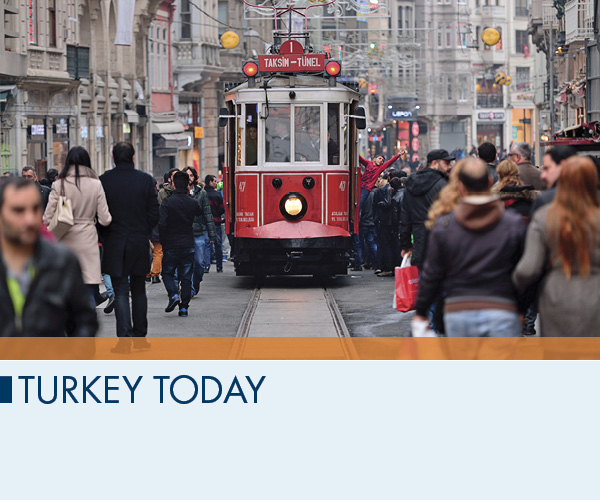Istanbul. Straddling Europe and Asia, Istanbul is the undisputed cultural, economic, and historical capital of Turkey. There are enough monuments and attractions, as well as enticing restaurants, shops, and museums, to keep you busy for days.
The Sea of Marmara and the North Aegean. The battlefields of Gallipoli are one of the main reasons travelers visit this part of Turkey, but the area is also a destination for beach lovers and those looking for pleasant places to hike. The archaeological site of ancient Troy is here, too.
The Central and Southern Aegean Coast. The heart of what was once known by the ancient Greeks as Asia Minor, this area has been drawing visitors since the time of, well, Homer. The heavyweight attraction these days is the Roman city of Ephesus but there are also many beach destinations, ranging from glitzy to relaxed.
The Turquoise Coast. The beaches along Turkeys Mediterranean shoresdubbed the Turquoise Coastare some of the best in the country, and the ruins here are spectacular. With unspoiled seaside villages and charming hotels and pansiyons, this is very close to paradise. Steer clear of the megaresorts though, which have invaded many towns, particularly around Antalya.
Cappadocia and Central Turkey. In magical Cappadocia, wind and rain have shaped soft volcanic rock into a fairy-tale landscape, where conical outcroppings were centuries ago turned into churches and homes. Southwest of Cappadocia is Konya, home to a museum and tomb dedicated to the 13th-century founder of the whirling dervishes. Ankara, Turkeys capital, is also here, though it ranks fairly low on most visitors itineraries.
The Far East and Black Sea Coast. It may not have the resorts, boutique hotels, and upscale restaurants of western Turkey, but there are impressive sitesboth natural and man-madeincluding picturesque mountain villages; historic monasteries and churches; the ancient city of Ani and the towering Mt. Ararat, believed by some to be the resting place of Noahs Ark; and the fascinating Mt. Nemrut. In all these places, youre certain to get a taste of a different and rewarding Turkey.
Politics
In June 2011, the Justice and Development Party (AKP) won a decisive victory, giving the conservative party, led by Prime Minister Recep Tayyip Erdoan and President Abdullah Gl, a third term. Since its accession to power in 2002, the AKP has sparked alarm among diehard secularists who assert that the party seeks to erode the secular legacy of Mustafa Kemal Atatrk. Some even contend that the AKP seeks to impose Sharia (strict Islamic day-to-day religious law) on the country, pointing to its efforts to remove restrictions on headscarf wearing and Erdoans vocal opposition to alcohol and tobacco use, though party leadership denies this.
Under the AKP, Turkey has moved toward greater political and economic engagement with the Arab world, as well as with developing countries in other regions, though the government says it remains committed to joining the EU. Most member states are in favor of Turkeys accession, but there are some strong opponents, and the talks have made only halting progress as Turkey faces criticism on several issues. Continued Turkish occupation of Northern Cyprus (which only Turkey recognizes as a sovereign nation) is one major stumbling block; another is the Turkish governments refusal to label the deaths of several hundred thousand Armenians during World War I as genocide. Domestically, critics cite criminal laws that punish anyone found guilty of insulting Turkishness (amended in 2008 to insulting the Turkish nation) and pressures on the media as further obstructions.
Simmering tensions between the AKP and its critics boiled over in the summer of 2013, when the heavy-handed police response to a peaceful sit-in at a central Istanbul park sparked weeks of antigovernment protests in Istanbul, Ankara, and elsewhere around the country. The two sets of elections scheduled for 2014local elections in March and a first-ever popular vote for the countrys president in Augustwill be watched carefully to see if the opposition from various segments of society can be turned into a real challenge to the AKP at the ballot box.
The Economy
The AKPs greatest bargaining chip in recent elections has been the upsurge of the Turkish economy since the aftermath of the 1999 Marmara earthquake, but this trend has shown signs of faltering in recent months. The country still enjoys a diverse economy: self-sufficient agricultural production, a massive textile industry, and a growing electronics sector, not to mention impressive tourism figures, with the number of foreign visitors nearly tripling between 2000 and 2010. International faith in the economy has driven considerable foreign investment, which has strengthened the Turkish lira. Inflation, which for 30 years led to the counting of the lira in millions, dropped low enough to allow the government to lop six zeroes from the old lira in 2005. But while Turkish annual GDP growth averaged more than 6% throughout most of the 2000s and hit 8.9% in 2010, it slowed sharply to 2.2% in 2012. Meanwhile inflation began to rise again in 2011, nearing 9% in summer 2013, and the liras value against the dollar weakened to an all-time low. These trends, combined with Turkeys greatest economic liabilitya sizable trade deficit, driven largely by the countrys need to import foreign oiland concerns about an overheating economy, have caused some renewed jitters among foreign investors.








